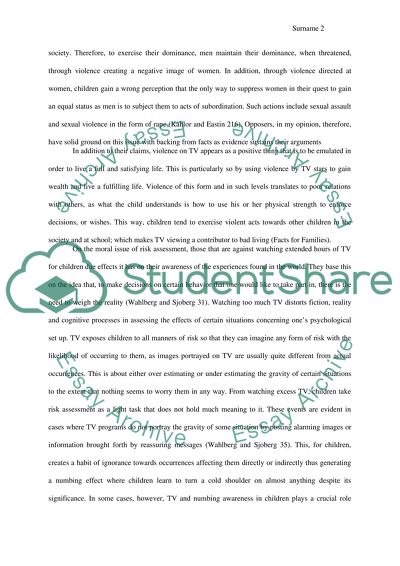Cite this document
(“Parents should not let their children spend much time watching Research Paper”, n.d.)
Parents should not let their children spend much time watching Research Paper. Retrieved from https://studentshare.org/english/1400379-parents-should-not-let-their-children-spend-much
Parents should not let their children spend much time watching Research Paper. Retrieved from https://studentshare.org/english/1400379-parents-should-not-let-their-children-spend-much
(Parents Should Not Let Their Children Spend Much Time Watching Research Paper)
Parents Should Not Let Their Children Spend Much Time Watching Research Paper. https://studentshare.org/english/1400379-parents-should-not-let-their-children-spend-much.
Parents Should Not Let Their Children Spend Much Time Watching Research Paper. https://studentshare.org/english/1400379-parents-should-not-let-their-children-spend-much.
“Parents Should Not Let Their Children Spend Much Time Watching Research Paper”, n.d. https://studentshare.org/english/1400379-parents-should-not-let-their-children-spend-much.


